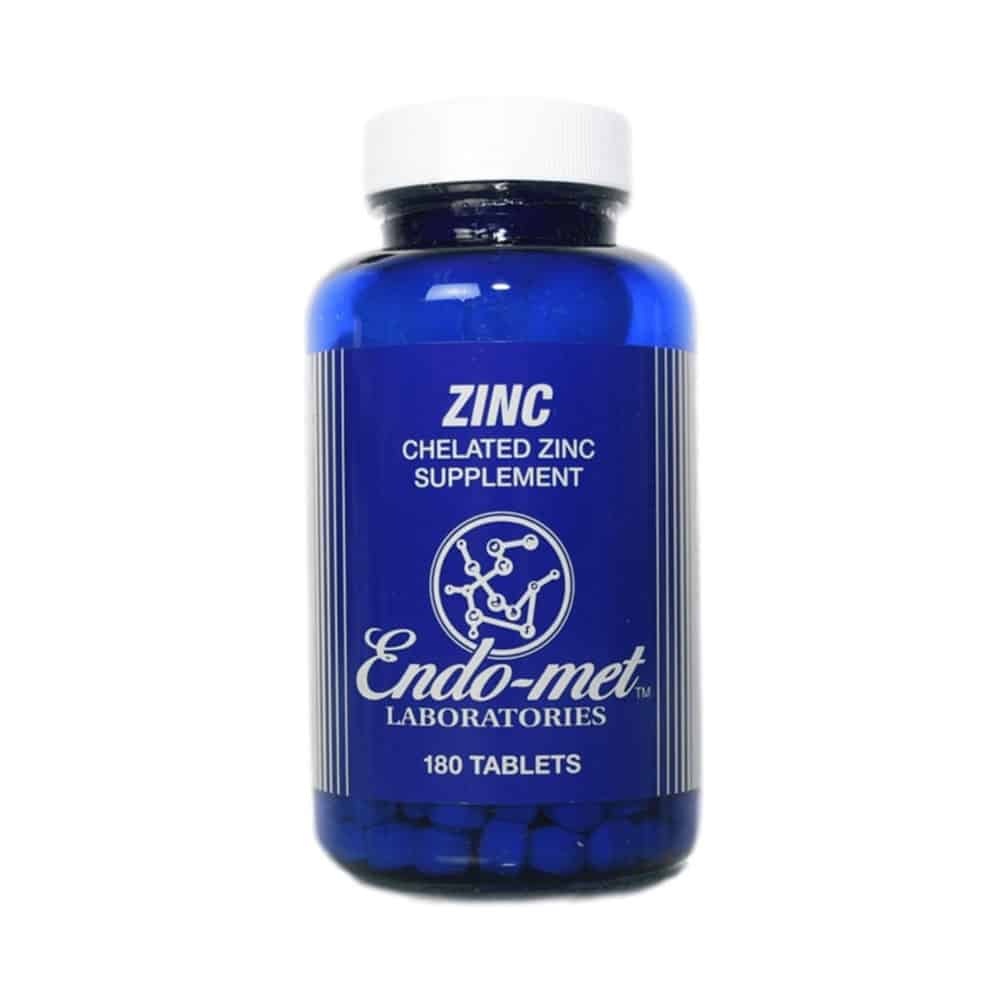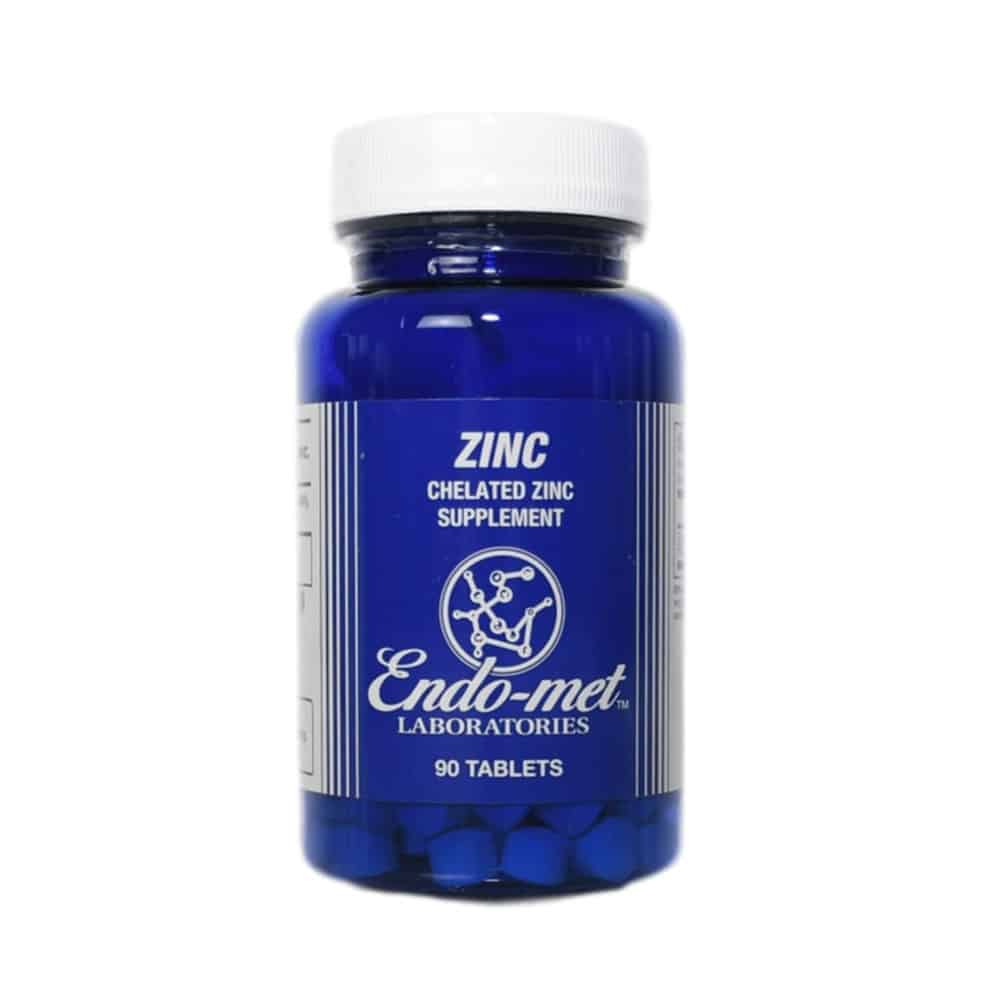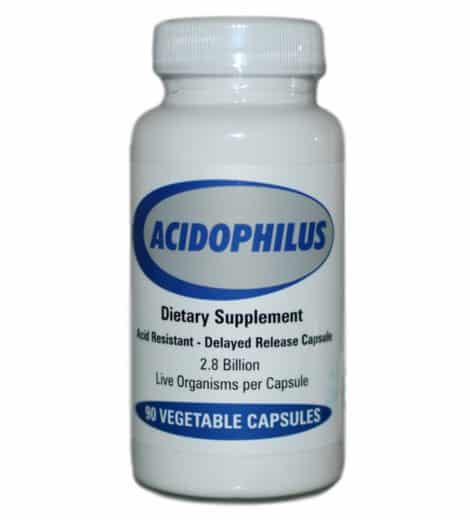Description
Zinc is often used for both fast and slow oxidizers to help detoxify heavy metals, in case of biounavailable copper present in the tissues. Over 70% of the population is zinc deficient, which can lead to heavy metal accumulation and biounavailable copper.
Zinc is an important mineral. This was also shown in the evaluation of all health claims about nutrients recently carried out by the EFSA (European Food Safety Authority).
Zinc plays a role in:
Resistance
Zinc is among other things involved in the building of T cells in the blood. These are able to kill bacteria. This helps for good resistance.
Cells and DNA
Zinc plays a role in cell division and in the construction and storage of DNA. It is therefore also important for heredity.
Antioxidant
Zinc is an important antioxidant. Antioxidants help to protect the body’s cells from harmful influences.
Bones
Zinc is involved in bone formation and thus contributes to the maintenance of strong bones.
Brain
Zinc has a positive effect on memory and concentration.
Fertility
Zinc is necessary for the production of sperm and it also ensures that there is enough testosterone (a hormone) in the body. So zinc plays a role in male fertility.
Metabolism
Zinc is part of several enzymes involved in the metabolism of fat, protein and carbohydrates.
Eyes
Zinc is involved in the absorption and transport of vitamin A, which is important for eyesight.
Skin and nails
Zinc contributes to the formation of proteins such as keratin and collagen. These are found in the skin and nails.






Reviews
There are no reviews yet.